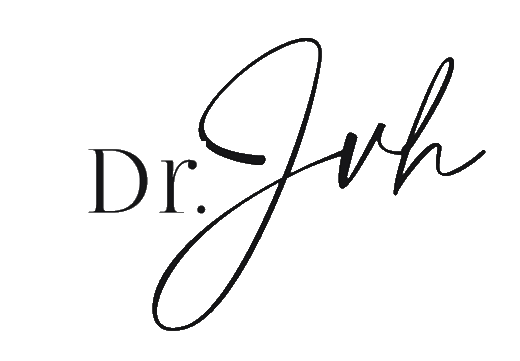Op-ed: Puerto Rico’s economy is a mess, but it doesn’t have to be
Originally published by Fox News here.
Puerto Rico has always been an island paradise, but it is far from an economic one. There have been a few exaggerations in recent headlines, but generally speaking Puerto Rico’s economy has been stagnating since the early 2000s. Its current economic dysfunction has a long history, however, and Puerto Rico still has ample opportunity to turn itself around and live up to the potential that we all know it has.
That’s the basic finding of a new report released this week, which discusses not only Puerto Rico’s economic history, but also offers a few contemporary findings, as well as advice for the future that legislators, both in Puerto Rico and Washington, D.C., should consider.
It should be noted that current crises can’t be entirely blamed on today’s elected officials. Sure, politicians too often emphasis elections over long-term prosperity, but Puerto Rico’s history makes for an impediment that would be difficult for any country to overcome. For example, the Spanish crown wasn’t the most interested in ushering Puerto Rico through the first or second industrial revolutions, which left the island with an agrarian focus longer than it should have.
Federal legislators and regulators have recognized the number of historical impediments and have frequently acted to help bolster the economy, but more often provided little long-term benefit. The IRS Section 936 law, for example, was created to grow foreign investment, but did little more than create a dependence upon a sector which, in the end, had a diminutive effect on employment growth.
But what most Americans, and national legislators, want to know is “Why does any of this matter to me?” Millions of Americans across the country own some form of investment that will be impacted by the fluctuations of Puerto Rico’s bonds. If you own an indexed municipal bond fund, you too have some exposure to Puerto Rico’s imminent debt restructure.
If the Federal Government decides to change current tax incentives, all taxpayers will be affected. Because Puerto Rico is currently considered a foreign territory (for tax purposes), the foreign tax credit has a great benefit to its economy. But some federal legislators (including the President) aren’t happy about revenues shifting from the Treasury to foreign government coffers and are proposing alternatives.
Whether Puerto Rico becomes an independent country, or more likely the 51st state, will also mean a shift in federal resources. As a state, Puerto Rico will have to send income taxes to Washington, but because it will be the poorest state, it will also get the benefit of much greater transfer payments, healthcare benefits, and other federal grants. Although some highlight the positive benefits of additional federal resources, others are concerned about an increase in dependency (more than half of Puerto Ricans already rely upon transfer payments as income, for example).Perhaps the most important reason that legislators, and all Americans, should care about Puerto Rico is that Puerto Ricans are Americans too. Federal legislators have a constitutionally-mandated obligation to provide for the welfare of Americans, regardless of whether they are allowed to vote for them and regardless of where they are located. Some neglect this obligation knowing that Puerto Ricans not only do not have a voting voice in Congress, but also can’t vote for the President, and Commander-in-Chief, who sends so many Puerto Ricans to war (a tragedy in and of itself).It’s going to take more than new taxes and massive borrowing to save Puerto Rico. Taxes and other incentives need to ensure that the focus is on development in industries that hire Puerto Ricans, and a lot of them. Too many incentives apply to capital intensive industries that don’t, leaving few resources to invest in improving what will really help its citizens.
To ensure that the next generation of visionaries have the tools and ability to contribute to the future economy, Puerto Rico needs to reduce the bureaucratic impediments for entrepreneurs, ensure public assistance programs that don’t inadvertently promote a shrinking labor force, and invest in programs that encourage human capital development, such as educational opportunities and sectoral job training. Without these investments in its future, Puerto Rico will continue to be stuck in the same tax-borrow-spend-repeat cycle that it’s been in for decades.
And lastly, but most importantly for many, the island has to finally make the long-term decision to permanently join the union, or finally sever its ties. Today’s arguments tend to revolve around the decision of statehood versus the status quo, and the status quo doesn’t have the luster it used to.
Repairing a devastated economy is never easy. However, halving unemployment, reversing the deficit, increasing labor force participation, and cutting poverty and inequality aren’t lofty, impossible fantasies. It’s been done under worse conditions in other parts of the world, even by countries with similar origins. But it takes political unity and a hard-headed dedication to a long-term vision that, if implemented properly, could easily start to bear fruit in the very near future.
Justin Vélez-Hagan is the founder of The National Puerto Rican Chamber of Commerce and an economic policy researcher at the University of Maryland. He is also the author of the upcoming book entitled The Common Sense behind Basic Economics. He can be reached at JustinV@NPRChamber.org or @JVelezHagan.

